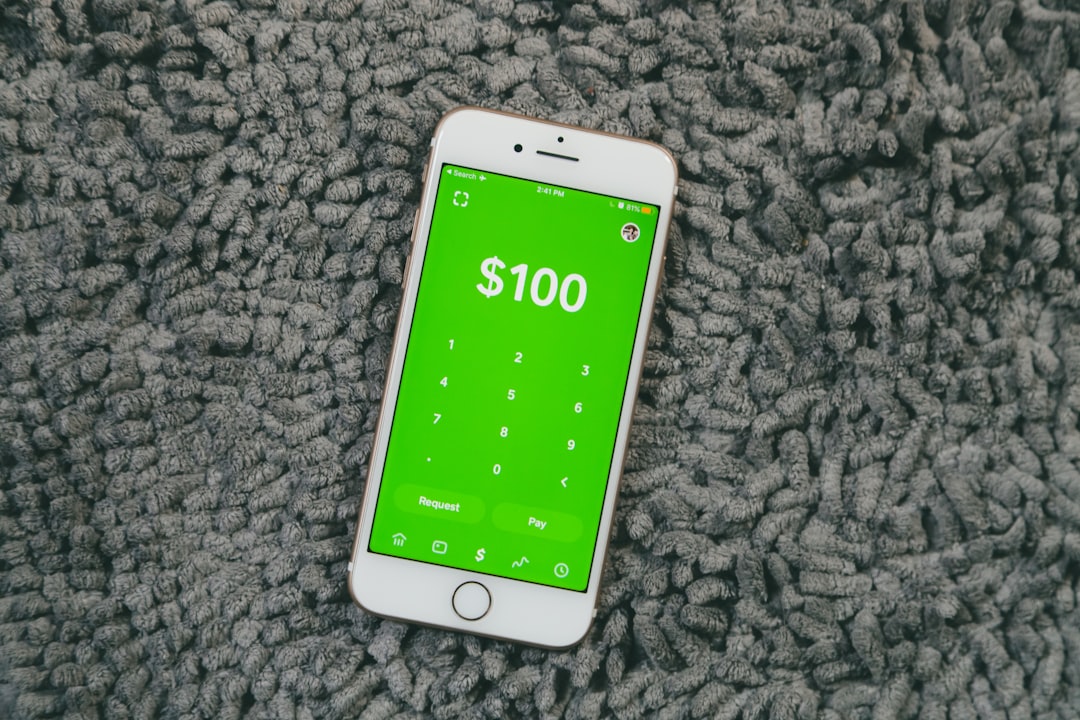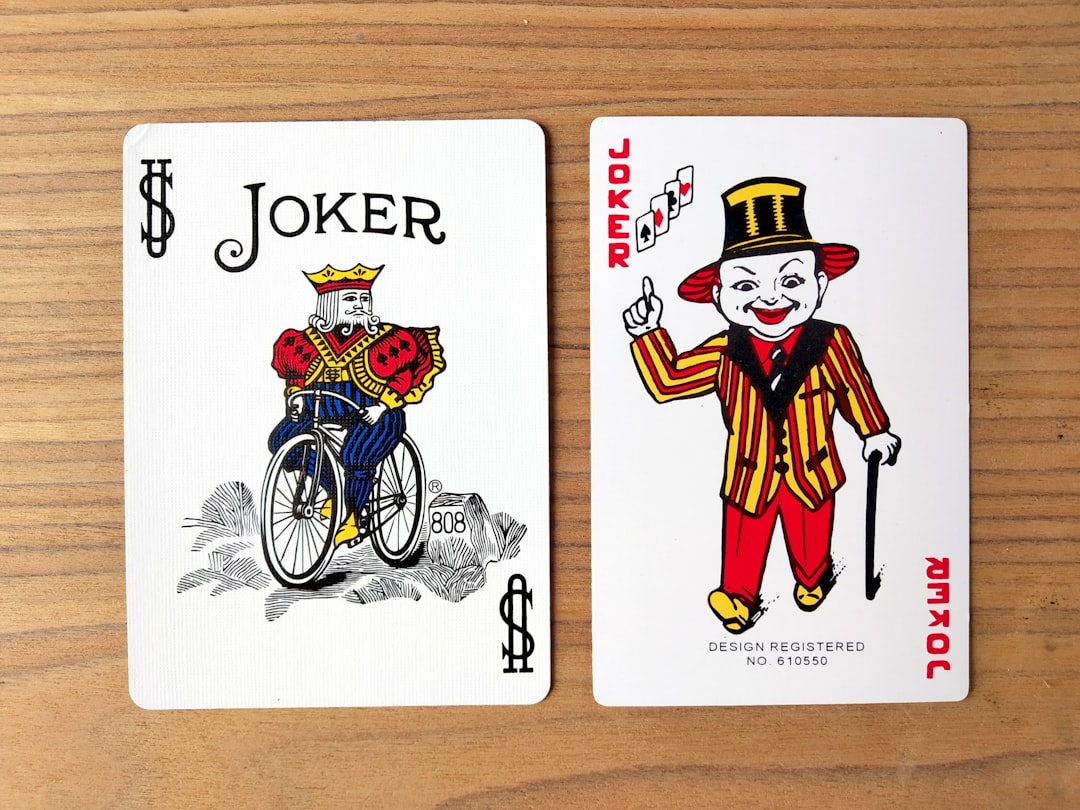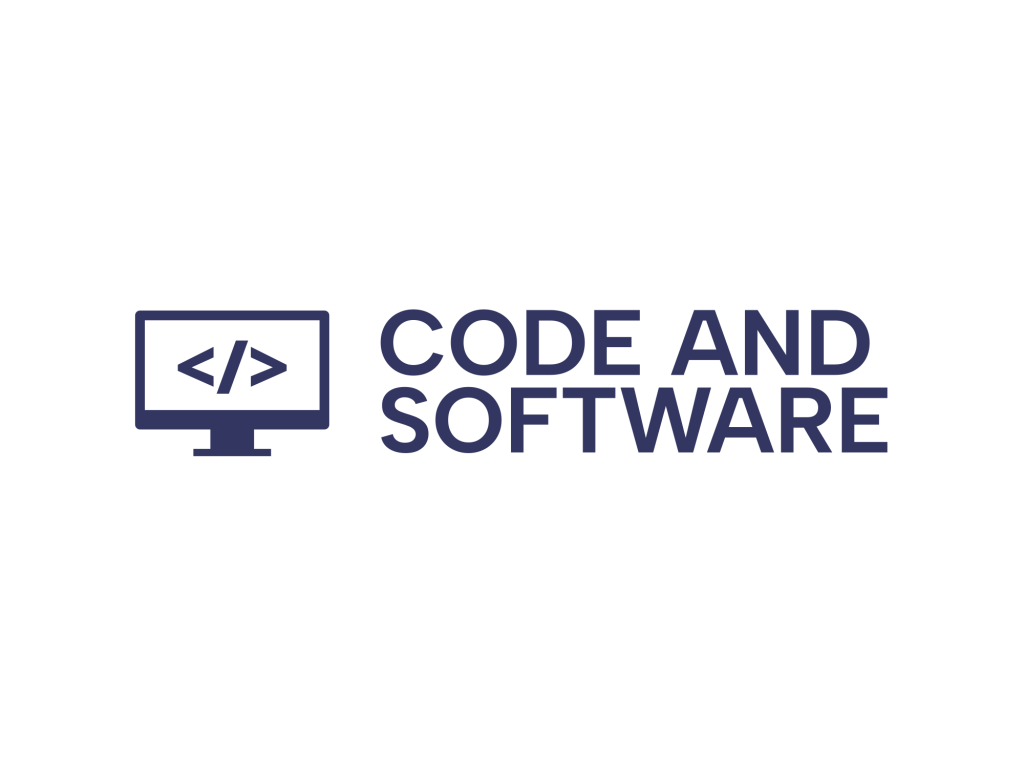Monopoly has earned its reputation as one of the most iconic board games in history. It’s a playful simulation of real estate investment, infused with ruthless competition, negotiation, and luck. But before a player buys their first property or draws their first Chance card, there’s one essential question: How much money do you start with in Monopoly? Whether you’re a first-time player or revisiting the game after years, this article will offer a fascinating look at the starting funds—and what that means for your gameplay strategy.
The Official Starting Amount
According to the classic rules established by Hasbro, each player begins the game with a total of $1,500. This money is handed out by the Banker at the beginning of the game and is comprised of specific denominations designed to balance the gameplay experience.
Here is the standard breakdown of Monopoly currency per player:
- 2 x $500 bills
- 4 x $100 bills
- 1 x $50 bill
- 1 x $20 bill
- 2 x $10 bills
- 1 x $5 bill
- 5 x $1 bills
This carefully curated mix of bills helps ensure that transactions go smoothly in the early stages of the game, allowing for smaller payments (like rents on cheap properties) or larger investments (like property purchases and house construction).

Why $1,500?
You might wonder why the game designers settled on $1,500. Monopoly was created during the Great Depression, and while $1,500 might seem arbitrary today, it was chosen to create just the right amount of economic balance. Too much money, and players could breeze through the board buying everything in sight. Too little, and nobody could afford a railroad, let alone park a hotel on Boardwalk.
Over the years, Hasbro and other publishers have attempted special editions with unique rules, currencies, or denominations. Still, the classic $1,500 start remains the gold standard for traditional Monopoly play.
Variant Versions and Their Starting Budgets
As Monopoly evolved, themed and regional versions began to appear, and these sometimes tweaked the starting money for various reasons, such as faster gameplay or thematic resonance with the edition’s setting.
Some popular variants and their starting amounts include:
- Monopoly Junior: Players start with less money, usually around $31 total, to reflect a kid-friendly pace.
- Monopoly Speed: This version includes rapid gameplay and often adjusts starting funds to $1,000 or less to quicken the pace.
- Monopoly Mega Edition: A larger board and more properties may call for extra starting money, sometimes closer to $2,500.

Each version tailors the starting amount to match changes in rules or objectives, ensuring that the balance of power and opportunities remains consistent with the intended pace of the game.
Role of the Banker in Distributing Money
In classic Monopoly, one player assumes the role of the Banker, who is responsible not just for managing the Bank but also for distributing funds at the beginning. This role is crucial, as any miscalculation at this stage can unbalance the game before it even begins.
To avoid errors, it’s a good idea to keep the distribution list close by or to use trays provided in deluxe editions for organizing denominations. This ensures that everyone starts on an equal financial footing and that there are no disputes about who got what.
Tips for Managing Your Starting Cash
How you spend your initial $1,500 can dramatically impact your Monopoly strategy. Here are a few tips:
- Buy early and often: Investing in properties early can generate rent from the start and pay off in the long-term.
- Save a buffer: Keeping some money on hand helps you avoid bankruptcy due to fees or rent charges.
- Trade wisely: Use your funds to make clever deals that lead to monopolies or strategic advantages.
Even though everyone starts with the same amount, how you manage your money determines whether you dominate the board or end up in Monopoly jail with an empty wallet.
Final Thoughts
So, the next time you open up your Monopoly box and count out your starting cash, remember that those $1,500 aren’t just pieces of colored paper—they’re your first step toward economic empire building. Whether you’re aiming for Park Place domination or just trying not to mortgage Vermont Avenue, understanding your starting budget is a key part of playing—and winning—the game.

